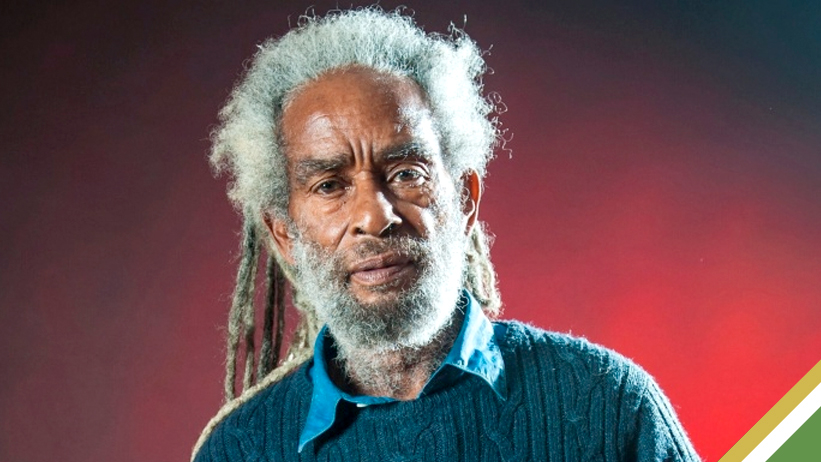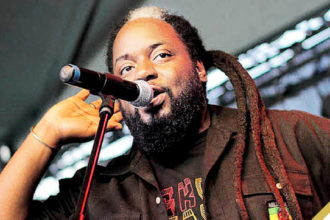Jamaica and the global music community are mourning the loss of Max Romeo, the revered reggae pioneer whose lyrical fire and righteous rhythms helped define an era. The 80-year-old artist, best known for timeless anthems like Chase the Devil and War Ina Babylon, died on April 11, 2025, from heart complications at a hospital in St. Andrew, Jamaica. His passing not only silences one of reggae’s most politically potent voices but also reopens urgent conversations around artist rights and compensation in the music industry.
Romeo, born Maxwell Livingston Smith in St. Ann, had recently been in the spotlight for a $15 million USD lawsuit filed against Universal Music Group and Polygram Publishing. The suit, which alleged 47 years of unpaid royalties, was a bold move from the veteran artist, who used his Instagram platform earlier this year to expose what he described as “decades of systemic exploitation.” “This fight is not just for me,” he posted, “but for every reggae artist whose work built an empire that never paid them back.” The case sent ripples through the industry, drawing attention to the long-standing undervaluation of reggae artists by major international labels.
Max Romeo’s contributions to reggae were foundational. His 1969 hit Wet Dream—banned by the BBC—charted in the UK Top 10, showcasing his flair for provocation and his instinct for crossover appeal. But it was his work with Lee “Scratch” Perry in the 1970s, particularly on the landmark War Ina Babylon album, that cemented his status. Songs like Chase the Devil would later be sampled by artists like The Prodigy and Kanye West, bringing his sound to new generations. According to the Jamaica Reggae Industry Association (JaRIA), Romeo was among a small group of Jamaican artists whose catalogue has been sampled over 300 times, yet he received little to no royalties from these usages.
Beyond the music, Romeo was a revolutionary spirit. A vocal supporter of the People’s National Party, he provided the soundtrack to Michael Manley’s 1972 election campaign with Let the Power Fall. In later years, he continued recording and even collaborated with his children to create multi-generational reggae projects. His death closes a powerful chapter in reggae history—but his legal battle may prove just as impactful. As the world remembers Max Romeo’s artistry, it must also reckon with the systemic injustices he fought until his final breath.













